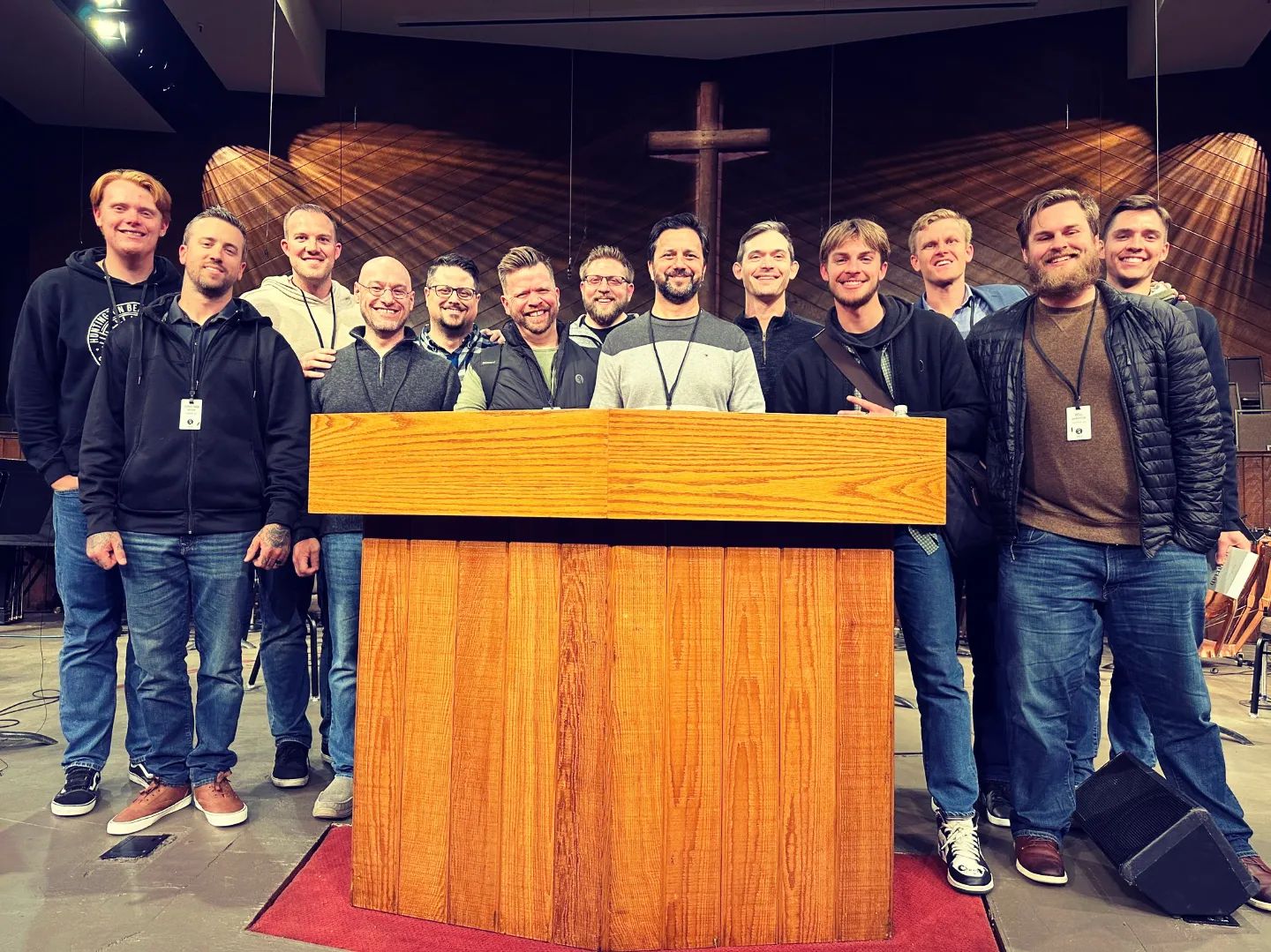
Outnumbered But Not Alone
Published March 13, 2023
Anyone who has been in ministry understands how Elijah felt in 1 Kings 19:10. Elijah was surrounded by a culture and a nation that had forsaken the Lord, and he felt like he was the last man standing. Alone in a cave, running for his life, Elijah was discouraged.
Discouragement afflicts every shepherd of God’s people. Loneliness comes with the job, and it is common for pastors to feel isolated as they seek to minister God’s Word faithfully to God’s people.
After over fifty-four years of ministry in one local church, perhaps no pastor is more familiar with the joys and challenges of pastoral ministry than John MacArthur. The theme of this year’s Shepherds Conference, shepherding the remnant, speaks to his understanding of a common battle shepherds face. We often feel alone. In a culture drowning in deception and surrounded by churches courting the culture, a faithful man of God easily finds himself identifying with Elijah’s complaint: The sons of Israel have forsaken Your covenant, pulled down Your altars and killed Your prophets with the sword. And I alone am left; and they seek my life, to take it away.
In the midst of such moments, the biblical theme of the remnant brings necessary and life-giving encouragement. God responded to Elijah by reminding him that there were yet 7,000 in Israel who had not bowed their knees to worship Baal (1 Kings 19:18). Seven thousand people in a nation with a population of millions was seemingly insignificant. It certainly would not be enough to win an election or foment social change. But God’s response to Elijah was critically important because it reminded Elijah of a crucial truth in a low moment: You are outnumbered, but you are not alone.
Elijah was correct in his assessment of his nation. Israel was awash with wickedness. People had abandoned the Lord for a multitude of idols, chiefly, though not exclusively, the false god Baal. The people who were in covenant with Yahweh, the God who had redeemed them from Egypt, had rejected God and His covenant to indulge their evil desires. Furthermore, they were persecuting the worshipers of Yahweh. It was not enough for them to worship their false gods; they also had to eradicate the worship of the true and living God from their nation. They understood that Yahweh and His Word was a threat to their idolatrous lifestyles, and so they were prepared to kill and destroy anyone who dared to preach the Word of the Lord and to confront their abominable ways of living and worshiping.
But while Elijah was correct in assessing the depravity of Israel, he was incorrect in assessing what God was doing in the midst of that depravity. God was still accomplishing His purpose; God was still saving His people. God had His remnant among the nation of Israel. Elijah was just like the rest of the people of God throughout history in this fallen world: outnumbered but not alone.
This theme could not come at a more timely moment for today’s church. By all estimates, Christianity in our nation is on the decline. Churches are stooping to all kinds of gimmicks and worldly tactics to slow this trend, compromising on virtually any and every issue of Scripture to appear relevant, likable, and attractive to people in love with sin. It’s easy for a faithful man of God to look at what is happening in the visible church and the surrounding culture and think that something unusual and devastating lies right around the corner. It would be understandable for us to think that the church is losing the battle because we are such a small minority in our culture today.
The theology of the remnant, however, reminds us that being the minority is always our position in a world that is under the power of the evil one (1 John 5:19). The god of this age has blinded the minds of unbelievers so that they cannot see the light of the gospel of the glory of God in the face of Christ (2 Cor 4:4). Jesus warned us that life in this world would be full of trouble and tribulation (John 16:33). The Apostle Paul spoke about the last days, warning that difficult times would come (2 Tim 3:1) and that evildoers would grow worse and worse, deceiving others and themselves (2 Tim 3:13). Jesus compared the world at His return to the world in Noah’s day and to Sodom and Gomorrah when they were destroyed (Luke 17:26-30). He asked this rhetorical question: “When the Son of Man comes, will He find faith on the earth?” (Luke 18:8).
Not only are we the minority, we should expect the ratio to get worse as we get closer to the coming of Christ. But no matter how small the number of faithful believers becomes, we understand that we are not alone. God will always have His remnant. God will always be at work in the world. God is saving a people from every tongue and tribe and nation (Rev 5:9), and He accomplishes His purposes through the Spirit, not the power of kings or a majority vote (Zech 4:6).
We are not moving toward a postmillennial utopia where the world will be “christianized.” Jesus was clear about the direction things would move between His first and second coming (Matt 24:4-14). The Apostles echoed the same warning, that we would be surrounded by mockers who ridicule us for believing in the return of our Lord (2 Peter 3:3-4). The mockers will be the majority, but God’s people are not alone because God is saving His remnant.
John Knox memorably said, “One man with God is always in the majority.” While that is certainly true, the encouraging theme of the remnant reminds us that we are never the only one with God. God has His people. We might be small in number, but we face the future with optimism, with joy, with hope, and with eager anticipation of the glorious coming of our Lord. Our optimism is not based on the latest election results, acts of Congress, executive orders, SCOTUS decisions, or cultural trends. Our hope is built on the Word of God, which reminds us that our God is saving His people, and nothing in all of creation will stop Him.




0 Comments